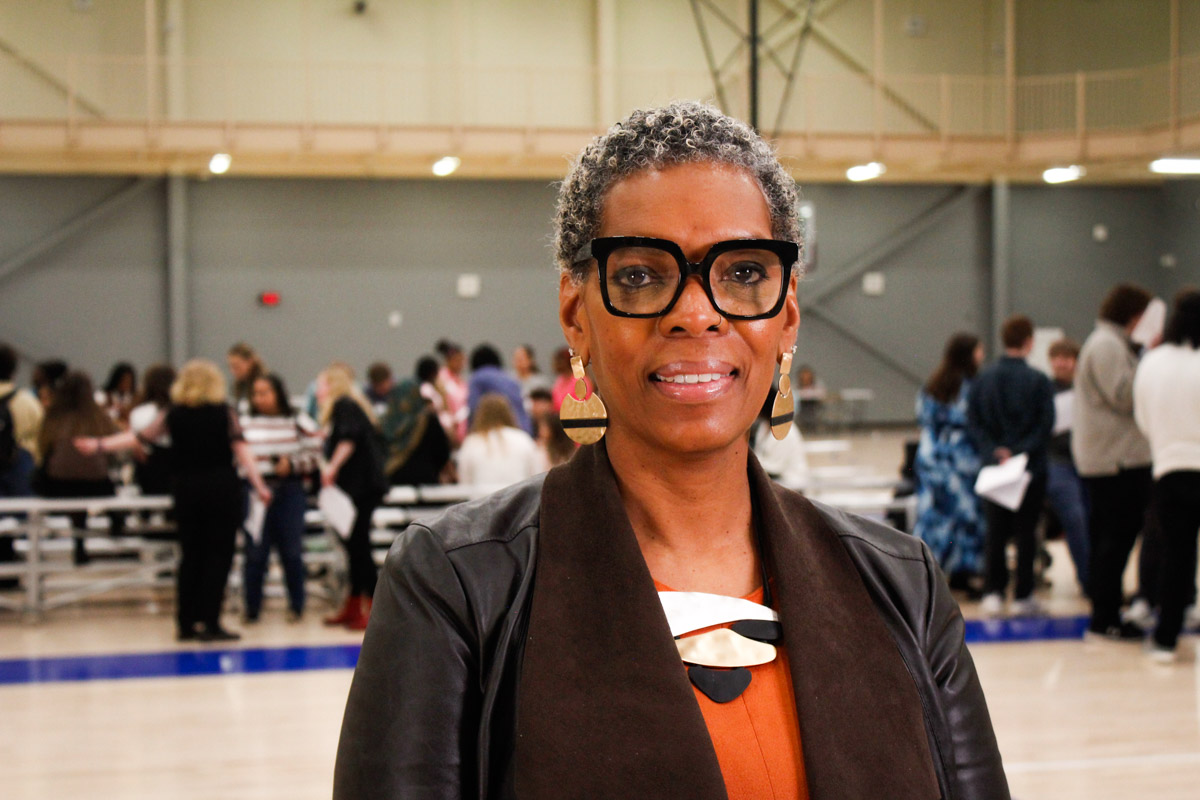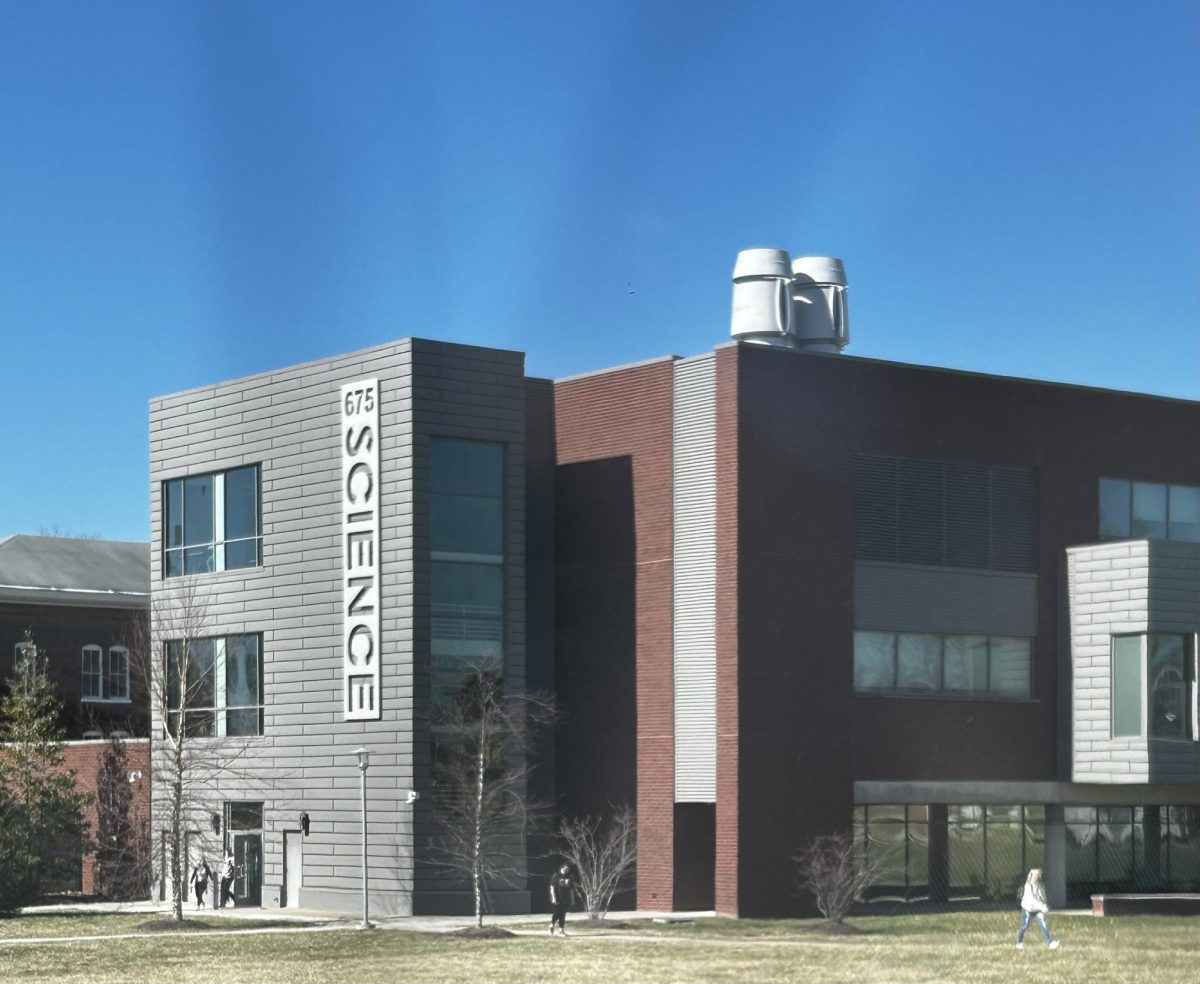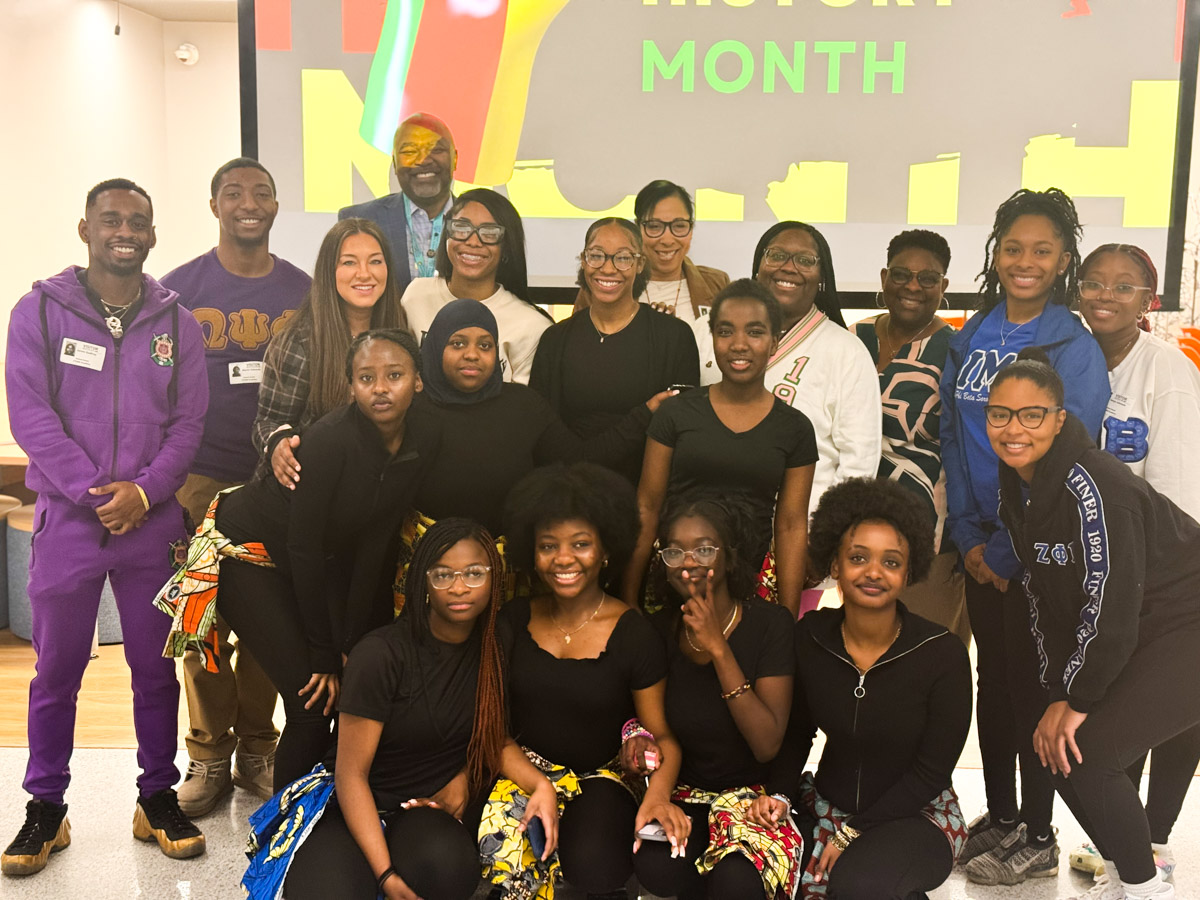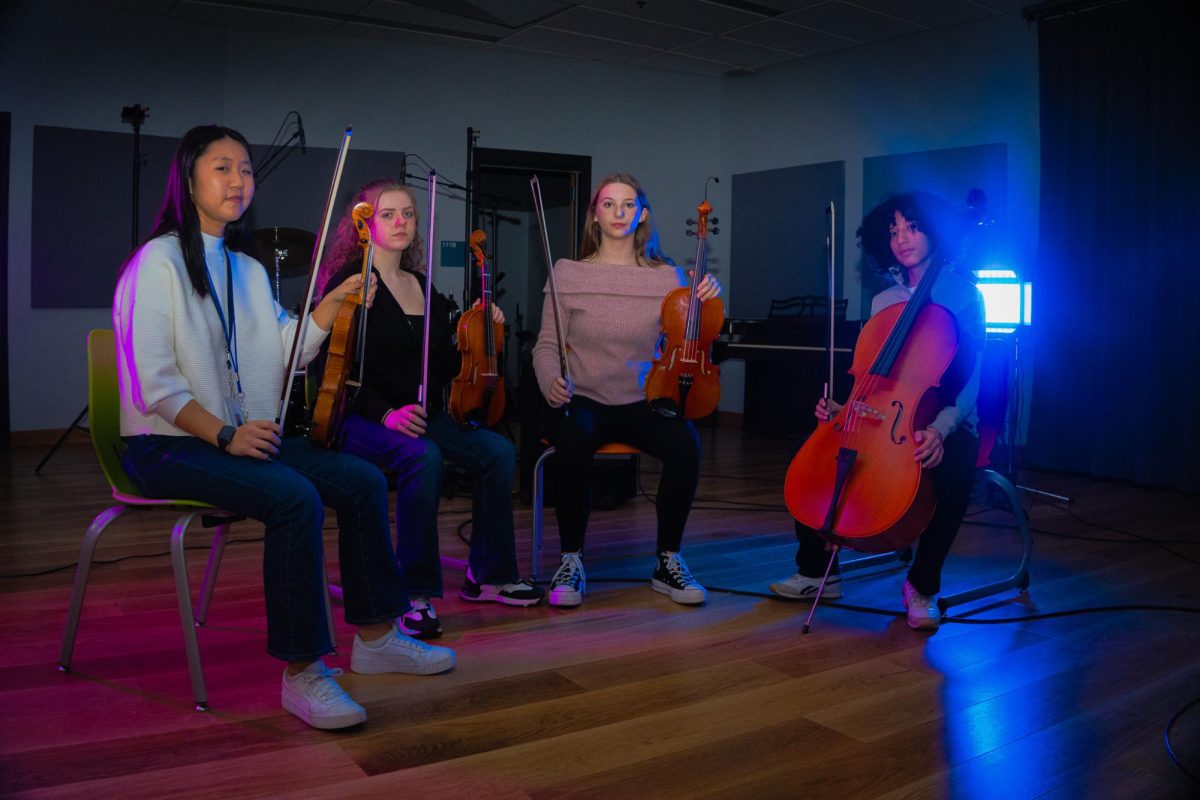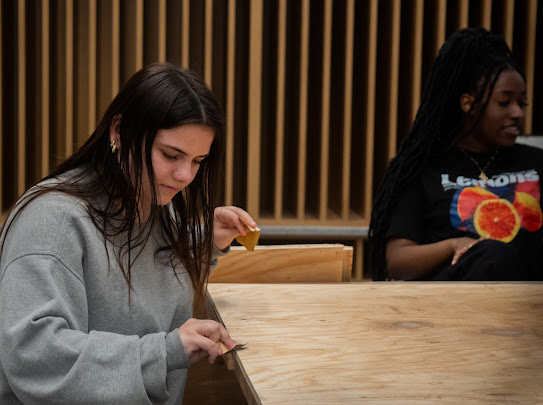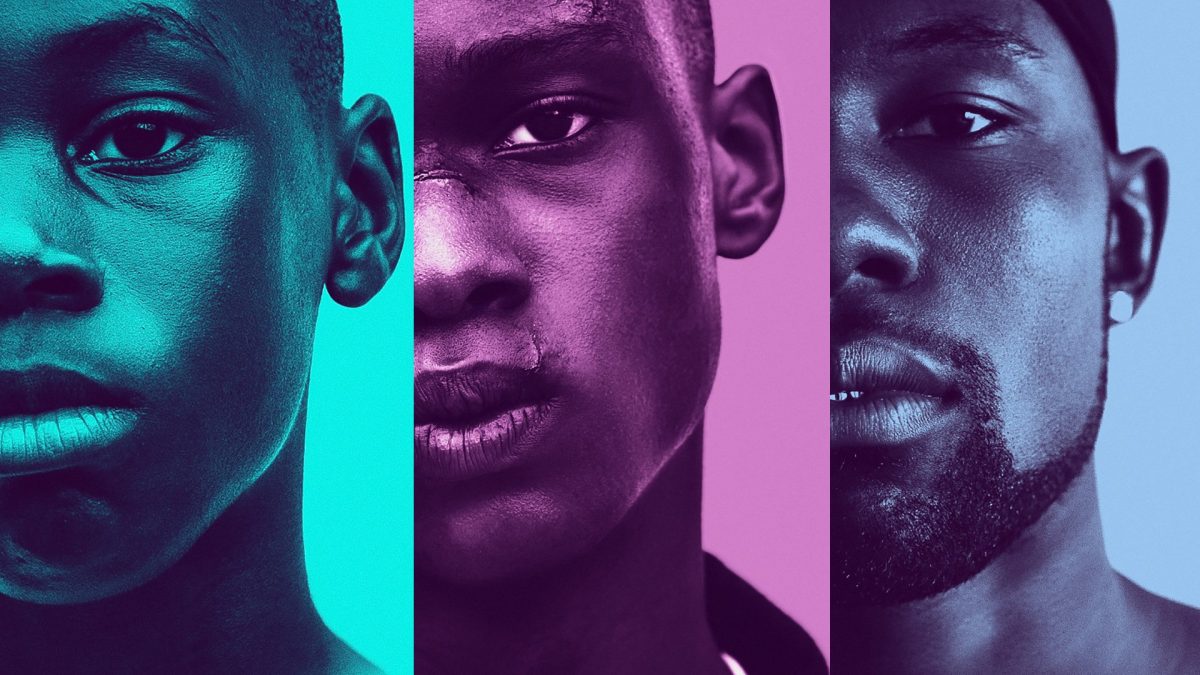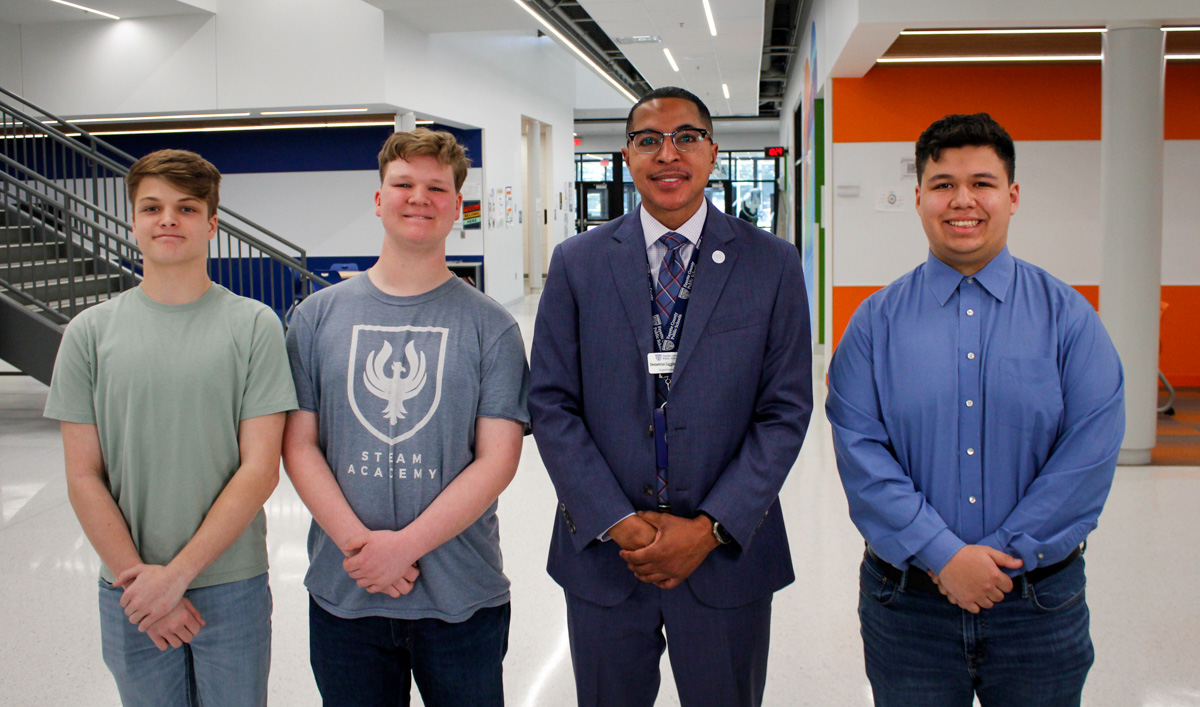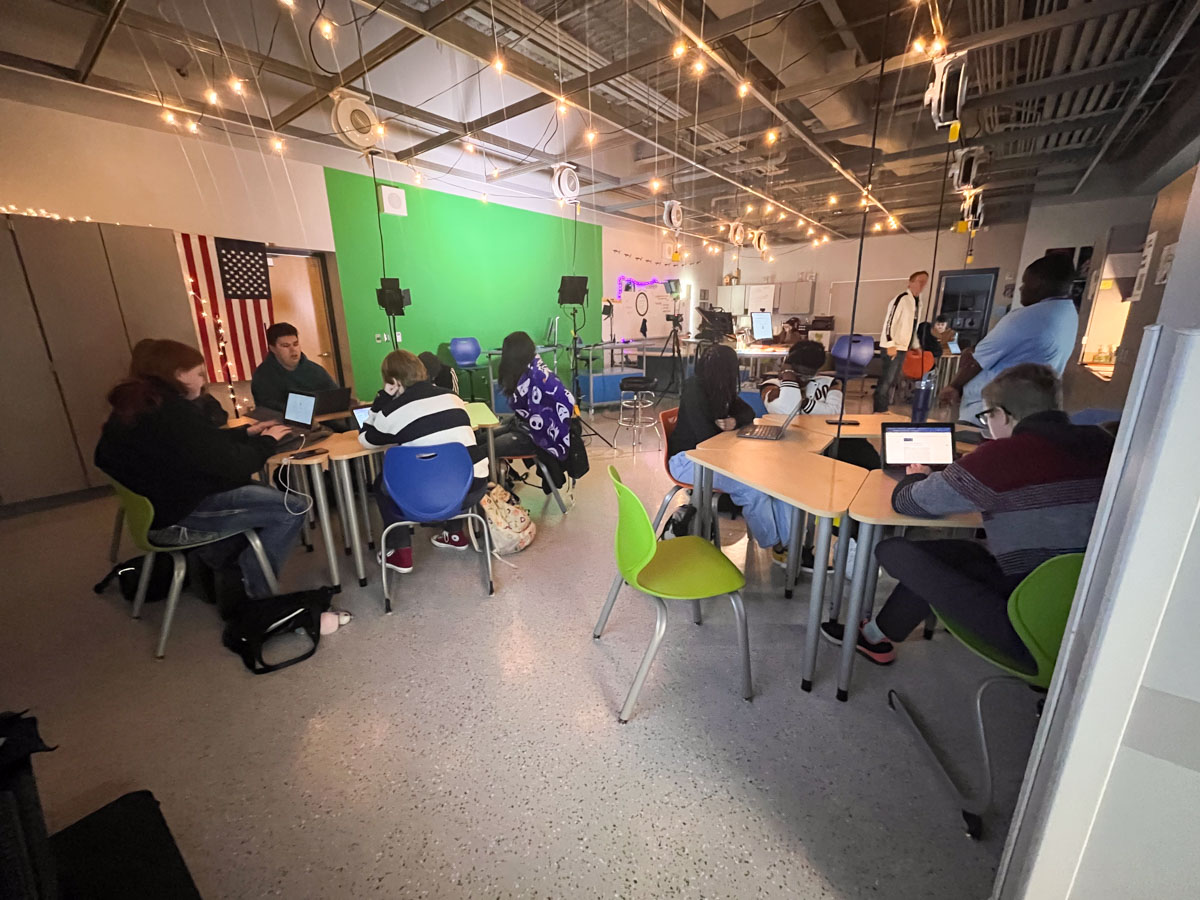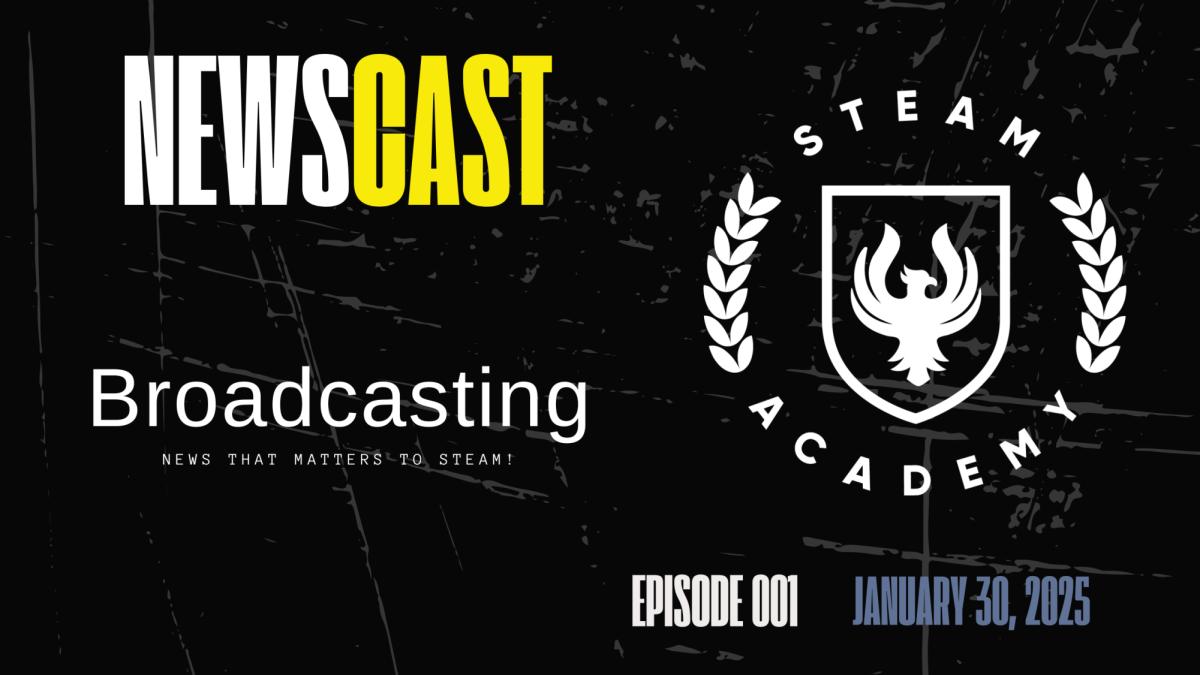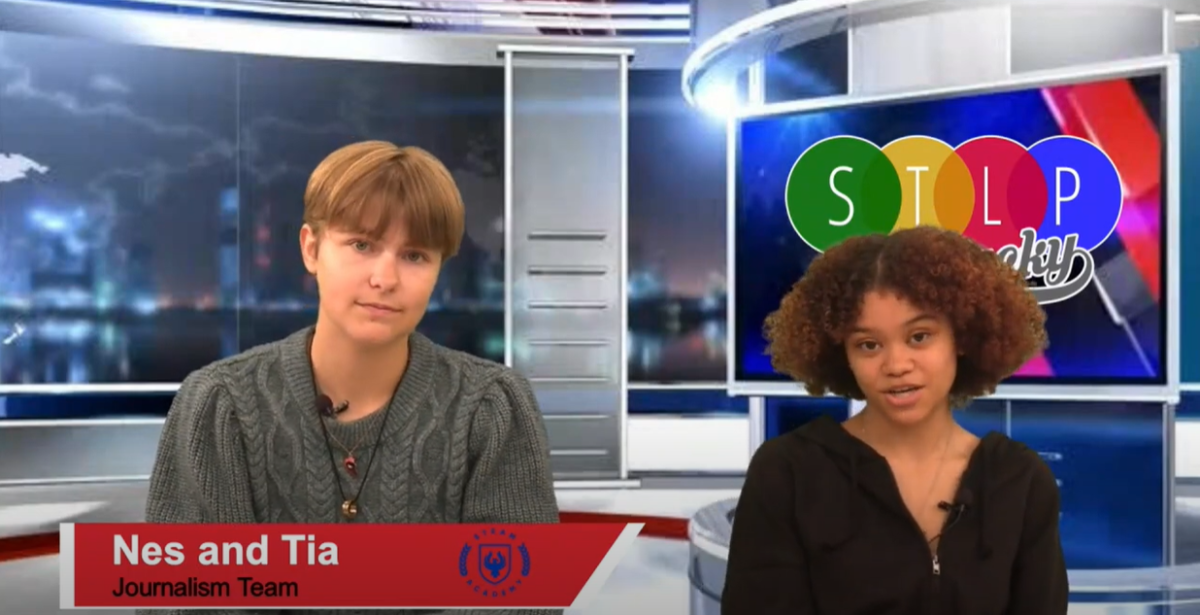Voters in Kentucky overwhelmingly voted “no” on a new Amendment introduced on the ballot this year, with no county in Kentucky voting “yes”. Amendment 2 would give financial aid to education outside of public schools. Amendment 2 would actually take state funding, which are public funds paid by taxpayers, and give those funds to private schools.
Amendment 2’s main goal was to provide funding towards private schools, which currently don’t get funding from the state. Jason Bailey, the executive director of the Kentucky Center for Economic Policy, stated that KCEP has spent the last year researching how Amendment 2 would impact the landscape for school funding. “This amendment is very broadly written, and it has no guardrails for how much money can be spent or who could benefit from whatever results,” Bailey said, “So we really wanted to look at what’s likely to happen.”
KCEP published an analysis earlier this year that showed states with private school choice systems significantly increase the cost to state budgets. According to them, if Kentucky started a system similar to Florida’s it would cost the commonwealth over one billion dollars annually. According to Bailey, that’s the same it would cost to fund and keep over 10,000 public school teachers and employees.
Many teachers were also scared that Amendment 2 would take funding out of rural areas in Kentucky, and give it to more urban areas that have private schools. Representative Nick Wilson, a Republican serving his first term, feared the Amendment would hurt students in rural areas. “I don’t see how in the world it’s good for public schools,” Wilson said.
Many say, however, that people estimating costs are getting ahead of themselves. Since the Amendment wouldn’t include enacting legislation, Republican advocates and lawmakers say attaching a cost doesn’t make sense. “This amendment, all it does is basically allows the legislature to start even having a conversation about school choice and potentially passing a school choice law, but that’s all the amendment does,” said Heather LeMire, the Kentucky state director with Americans for Prosperity, a conservative political advocacy group.
Senator David Thayer also supported Amendment 2 this year, saying “The minority party and the education establishment here in Kentucky continue to protect the status quo despite the shift that is happening nationwide in blue cities and blue states in favor of more and more ‘school choice.”
Kentucky Students First, a group that advocated for Amendment 2, states that it could help lower income families. They mentioned that it could help these families access more specialized education affordably. One thing to consider, however, is that recent major studies show that lower income students don’t have higher test scores after attending private schools.
Amendment 2 sticks out for a very interesting reason, though. Kentucky is a largely Republican state, yet Amendment 2 failed overwhelmingly. Amendment 2 was largely introduced and endorsed by Republican advocates, yet voters themselves voted no.
Social media may have played a large part in the outcome for Amendment 2. Many people posted on social media with the intention of educating voters on what Amendment 2 would actually mean for Kentucky. Notably, Tyler Murphy, Chair of the Fayette County School Board, posted about his disagreement for the Amendment.
Trey Grayson, former GOP Secretary of State, spoke his opinion on why Amendment 2 failed. According to Grayson, the campaign against the Amendment had an easier argument than the campaign that wanted to pass it. The campaign against it could “simply say public dollars are for public schools” where the campaign for it required a longer argument.
Another reason, Grayson noted, was although the majority of Republican legislators weren’t against putting it on the ballot, it didn’t mean they would actually support it when it came to the election. “I guess some of these folks who supported it thought it was going to lose, so they didn’t want to be active on it, thus increasing the odds of losing. It’s a little bit of a self-fulfilling prophecy. You think it’s going to lose, you don’t help it win.”
